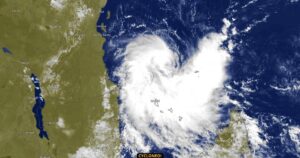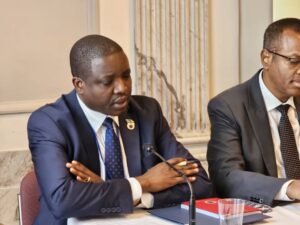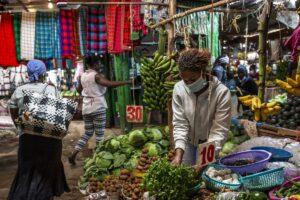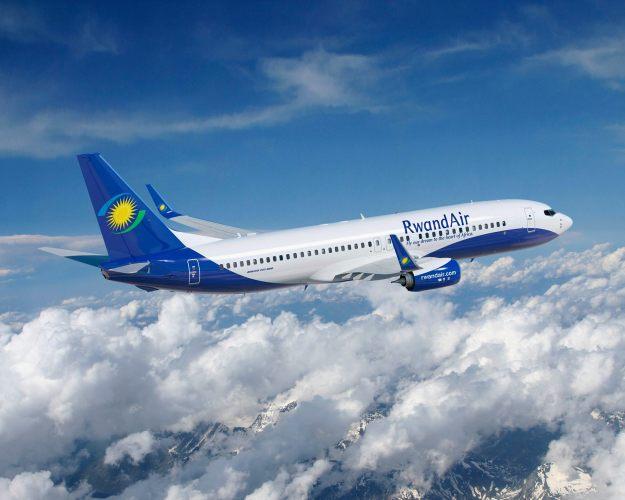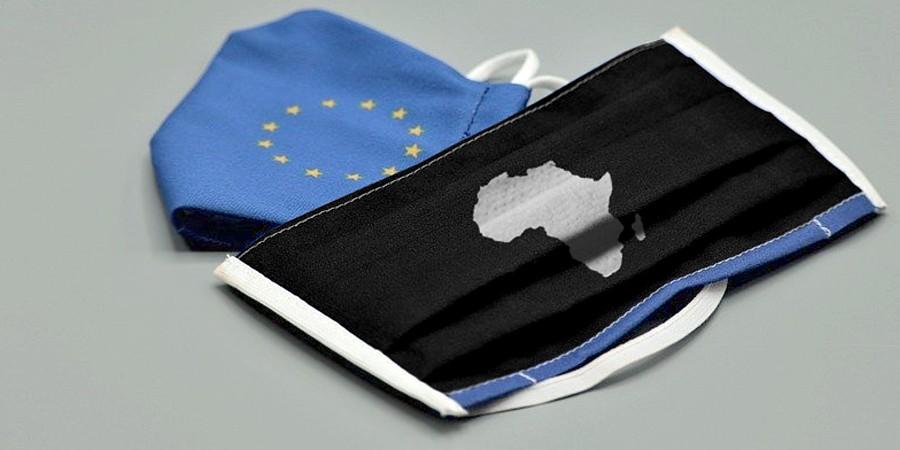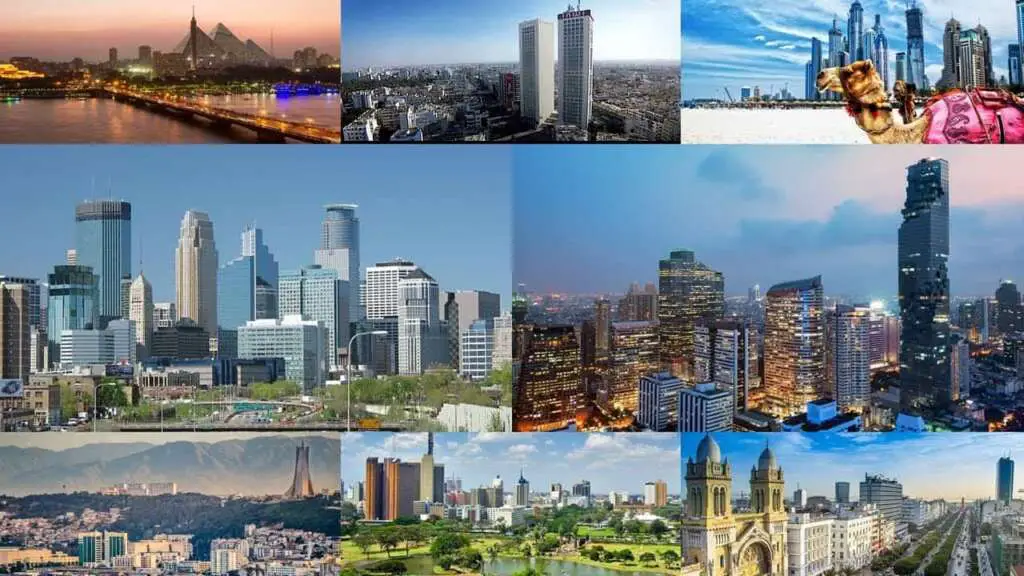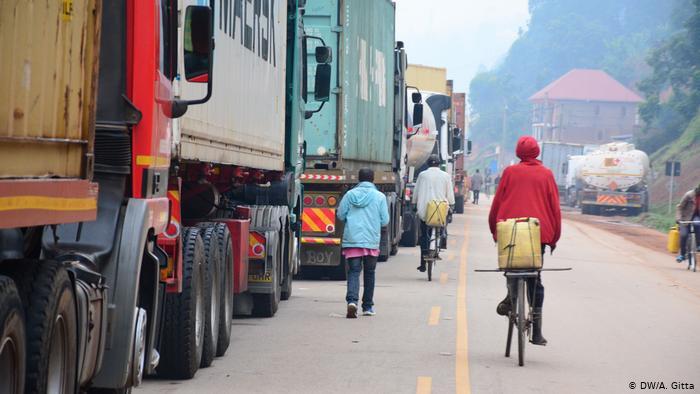- Kenya, Tanzania braces for torrential floods as Cyclone Hidaya approaches
- EAC monetary affairs committee to discuss single currency progress in Juba talks
- Transport and food prices drive down Kenya’s inflation to 5% in April
- Payment for ransomware attacks increase by 500 per cent in one year
- History beckons as push for Kenya’s President Ruto to address US Congress gathers pace
- IMF’s Sub-Saharan Africa economic forecast shows 1.2 percent GDP growth
- The US Congress proposes extending Agoa to 2041, covering all African countries
- Millions at risk of famine as fuel tax row halts UN aid operations in South Sudan
Browsing: Rwanda
The World Bank approved $150 million to Rwanda to help improve access to modern energy for households, enterprises and public institutions
The grant will also help enhance the efficiency of electricity services in the country. The grant will be given as $75 million as grant funding and the other $75 million as a loan.
The Rwanda Energy Access and Quality Improvement Project (EAQIP) is aiming to improve the country’s progress towards achieving UN Sustainable Development Goal 7 (SDG7) to ensure access to affordable, sustainable, reliable and modern energy for the county’s citizens.

It also aims at contributing to Rwanda’s vision of reducing reliance on cooking fuel by 50 per cent.
“The proposed project is well-timed to build on the World Bank’s decade-long support to the Government’s energy sector agenda. It will contribute directly to Rwanda’s push toward universal energy access by 2024 and universal access to clean cooking by 2030”, …
The East African Community (EAC) has spent twenty years of integration and admitted new members in the process. EAC Partner States signed the Protocol in November 2009, and it came into force on 1 July 2010. The common market is the first of its kind in Africa. The internal EAC market has about 146 million consumers.
This second offering, after the initial community collapsed in 1977 has worked to learn from the mistakes of the past community. However, as things change, the more they have remained the same.
There have been tensions between countries at different periods of time, some threatening the very core that set forth the community. Kenya has been at constant feud with Tanzania, Uganda has been also at loggerheads with Rwanda while Burundi has accused Rwanda of meddling in its affairs.
Overall trade disputes are now increasing in East Africa. Uganda’s trade …
Rwanda is moving to cement its position as the financial capital of Africa by drawing in different investments and partnerships. Such partnerships include developing Kigali as a financial hub through the Kigali International Finance Centre, a hub supported by government-owned Rwanda Finance.
CDC Group, the UK’s development finance institution and impact investor, in June signed a partnership agreement with Rwanda Finance to support the development of a new international financial capital for Africa.
The Kigali International Financial Center (KIFC) is intended to be a world-class financial hub, designed to promote inward investment and the creation of thousands of highly skilled financial sector jobs for the benefit of Rwanda and the African continent.
This partnership will see CDC provide the expertise that will help shape a strong legal and regulatory framework that is designed to attract institutional investors seeking to finance African businesses through a world-class financial center.
Rwanda Finance was …
RwandAir announced that it will resume flights to Africa with flights to Cotonou, Dar es Salaam, Nairobi, Lusaka, Libreville and Kilimanjaro as it gradually picks pace to shake off the challenges endured during the coronavirus pandemic.
Currently, Dubai is RwandAir’s only destination outside Africa but the airline has plans to resume flights to Tel Aviv, London and Guangzhou.
Kigali International Airport also receives flights departing for Brussels, Johannesburg, Dakar and to Addis Ababa, with connections to the United States via Ethiopian Airlines.
Since rebranding in 2009, the airline has not turned profitable despite consuming over $2 billion in public funds and loans.
Although it has expressed confidence that an increase in economic activity and tourism will spur it to profitability.
As other regional airlines begin to resume flights and many on the same route, RwandAir will have to brace itself for competition
Measures have been put in place for those …
The Mastercard Foundation’ Komeza program is gaining momentum and Rwanda, the fastest growing economy in East Africa, is not about to be left behind.
Equity Bank of Rwanda as announced that it will be partnering with Rwanda’s Entrepreneurial Solutions Partners (ESP) under the Komeza program to stimulate recovery from the negative effects of Covid-19.
Komeza is the brainchild of Entrepreneurial Solutions Partners (ESP) which has won support of Mastercard’s ongoing USD2.5 million MasterCard Foundation COVID-19 Recovery and Resilience Program. The Mastercard program is designed to support small and medium enterprises (SMEs) specifically in the Tourism and Hospitality sector.
Under the program, with Equity Bank Rwanda PLC as the financing partner, ESP will provide both financial support and technical assistance to 120 SMEs that operate within the Tourism and Hospitality sector.
Over the next year, the Komeza program will provide technical assistance and financing of up to USD50000 to each qualifying …
Mozambique, Angola, Namibia, Ethiopia, Zambia, Rwanda, Uganda, Egypt, Tunisia, Algeria and Morocco.
These are the African countries set to be allowed to enter the EU territory as the borders reopen in July, according to a draft list of the countries obtained and reported by euronews.
As the European Union gets ready to reopen its borders, officials in Brussels are debating behind closed doors, the draft of two lists; one with those countries that will be accepted, and one for those which will not, as the territory struggle to meet their previously announced July 1st goal.
The euronews sources also reported that officials “could not reach an agreement”, that talks would continue and that the deadline to open the borders may very well be extended beyond July 1st, suggesting agreements will not be forthcoming in time.
Also read: Air passengers travel confidence key to salvaging African airlines
Notably, Brazil, Qatar, …
The Mercer 2020 gives the cost of living in African cities giving the most expensive and least expensive cities to live in Africa in its Cost of living survey.
The annual survey ranks cities cost of living based on the prices of goods and services such as rent, food and clothing.
The survey is mostly used by multinational organisations to set remuneration packages for their foreign-based employees.
“The Covid-19 pandemic reminds us that sending and keeping employees on international assignments is a huge responsibility and a difficult task to manage,” said Ilya Bonic, career president and head of Mercer Strategy.
According to the report, in East Africa, Kampala Uganda is the least expensive city to live in while Nairobi Kenya is the most expensive city, Kigali Rwanda takes the second least-expensive city followed by Dar-es-Salaam Tanzania.
Also Read: Cost of living to go up for EAC
The report sampled 40 …
The country has for long been using drones to deliver blood to hospitals in the hilly nation.…
Uganda and Rwanda recorded a reduced trade flows in April and May 2020 according to a report from the COMESA Statistics on ‘COVID 19 Impact on Trade’.
The COMESA Statistics on ‘COVID 19 Impact on Trade’, the report was prepared in the first two months in which COVID-19 pandemic spread to the region.
Imports to Uganda declined by 30 per cent in April compared to March. Malaba border recorder a decline in import of 35 per cent, Busia a decline of 28 per cent and Entebbe a decline of 24 per cent.
Uganda’s May imports were seen to decline by 20 per cent.
In Rwanda, Imports declined by 32 per cent in April compared to March. Rusumo border recorded a decline of 35 per cent while the airport border recorded a decline of 16 per cent.
In the Month of April Exports to Rwanda also decline by 8 per cent …
When something grows by 50 percent, we say it has doubled, when it grows by 100 percent, it has quadrupled and so on and so forth. You want to know by how much telecommunication companies in Rwanda have grown during the onslaught of the coronavirus? I will tell you, an amazing 450 percent.
According to the Rwanda Utilities Regulation Authority, between January and April alone, telecom companies in Rwanda have amassed over USD 42 million that is an average of USD 10 million a month.
This impressive performance is representative of a drastic paradigm shift, the migration from a pre-dominantly cash based society to one that has gone almost absolutely cashless. Rwanda has in the fight against the spread of coronavirus gone cashless, switching from use of cash payments to digital platforms via mobile money transfers.
Last month, The Exchange published an article titled Digital Africa in which it was …
